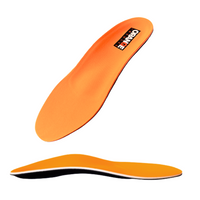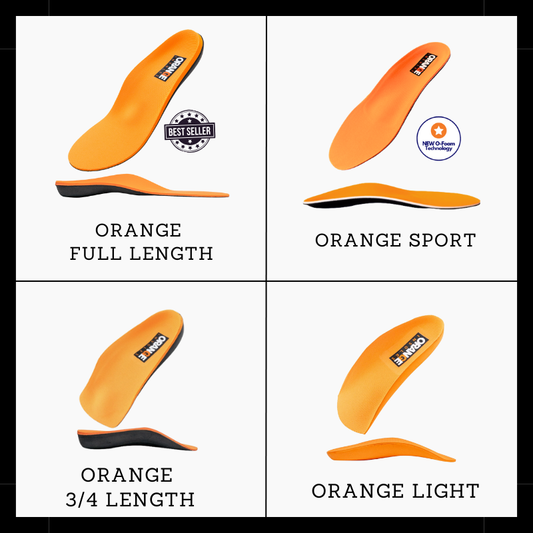With a new year approaching, you might be considering setting some goals around your health and fitness for the upcoming year. If you are, you wouldn’t be alone. According to Forbes, 48% of people cite improved fitness as a top New Year's resolution in 2024. But, According to a 2012 Business Wire article, 73% of people who set fitness goals as New Year's resolutions give up on them.
If you want to make improvements to your health in the new year, and be one of the few people who keep and achieve your goals, check out these tips for your 2024 health and fitness goals.
Set SMART Goals
Many people fail to meet their goals because they try to go too hard too fast. Their goals are untenable and unrealistic given their current lifestyle and as soon as they experience a setback, they determine it’s too hard and give up.
Say you want to get in better shape in 2024. “Get in better shape,” is not a goal. “Go to the gym everyday” is a bit of a stretch if you don’t go at all and you’ll get discouraged as soon as you miss a day.
Instead of setting goals like above, try setting a SMART goal.
SMART goals are:
Specific: Define your goals with clarity. Instead of a vague goal like "getting fit," make it specific. For example, "I want to lose 15 pounds" or "I want to run a 5k without stopping."
Measurable: Make sure your goals are quantifiable so that you can track your progress. For instance, if your goal is to eat healthier, you could set a measurable goal like "consume at least five servings of vegetables every day" or "don’t eat after 8:00 pm for 30 days in a row.”
Attainable/Achievable: Ensure that your goals are realistic and attainable. Setting a goal that is too extreme or unrealistic can lead to frustration. If you're currently sedentary, a goal like running a marathon in a few months might not be achievable. Instead, set smaller, incremental goals that can lead to the larger goal over time.
Relevant: Your goals should align with your overall health and fitness objectives. Consider your personal values, interests, and long-term vision for your health. For example, if your primary goal is weight loss, activities like strength training and cardiovascular exercise would be relevant.
Time-bound: Set a timeframe for achieving your goals. This could be a deadline for a specific weight loss target or a date for completing a certain fitness challenge. Having a time-bound aspect adds a sense of urgency and helps you stay focused.
Example: Run a 10k race in under 60 minutes by December 31, 2024. This goal hits all the markers of a SMART goal! (Based on your fitness level you could adjust the time and the type of race)
Celebrate Small Wins
Don’t only celebrate when you hit your big goal (if you have to wait till the end of 2024 you might get impatient!). Celebrating milestones along the way can help keep you motivated and actually give your brain the chemicals it needs to work toward your goals.
Achieving goals, even small ones, triggers the release of dopamine in the brain. Dopamine is a neurotransmitter associated with pleasure and reward. When you celebrate your successes, you experience a surge in dopamine, creating a positive and rewarding feeling. This reinforces the behavior that led to the accomplishment.
Small wins contribute to a sense of progress, boosting your motivation. When you see that your efforts are leading to tangible results, you're more likely to stay motivated and committed to your larger goals. This positive momentum can carry you through more challenging phases of your fitness journey. And, when you focus on the small wins, you’ll find your confidence starts to increase and you’ll believe yourself more likely to achieve the goal you set in the beginning of the year.
Track Your Goals
Tracking your goals is a powerful strategy that can significantly enhance your chances of achieving success. Observing progress, even small improvements, can be incredibly motivating. Tracking allows you to see how far you've come, providing a sense of accomplishment and fueling your motivation to continue working towards your goals.
Goal tracking allows you to identify patterns and trends in your behavior or progress. You can recognize what factors contribute to success or setbacks, enabling you to make informed adjustments to your strategies. So, if you get off track, you’ll be able to see what might have caused you to slip and fix it in the future.
Example: If your goal is to get up and go to the gym 3 days a week at 7:00 am until the end of the year, and you miss a day, you might look at your journal and realize that you had a glass of wine the night before and that seems to the reason you slept in. Going forward, you can have your wine on the nights you aren’t going to the gym in the morning.
Before we approach the first of the year, make sure you’re ready to track your goals and your progress. A fun and colorful habit tracker is a great way to keep an eye on your accomplishments and keep moving forward! Or try something a little simpler and designed to help you achieve your goals.
Set yourself up for success in the new year! Remember to regularly review and adjust your goals as needed. Celebrate small victories along the way, and don't be afraid to modify your goals if circumstances change.

























































